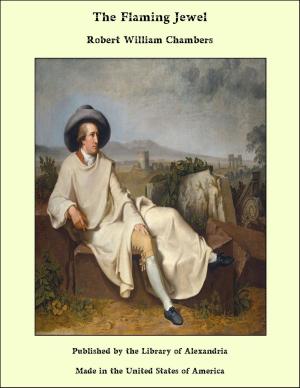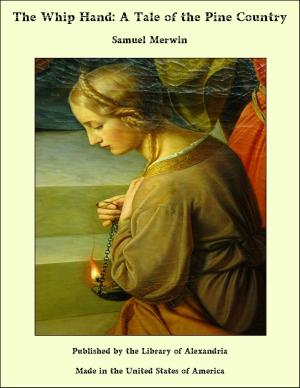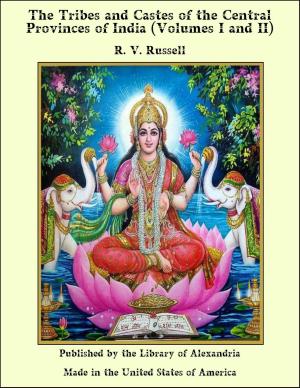William Shakespeare: His Homes and Haunts
Nonfiction, Religion & Spirituality, New Age, History, Fiction & Literature| Author: | Samuel Levy Bensusan | ISBN: | 9781465587909 |
| Publisher: | Library of Alexandria | Publication: | March 8, 2015 |
| Imprint: | Language: | English |
| Author: | Samuel Levy Bensusan |
| ISBN: | 9781465587909 |
| Publisher: | Library of Alexandria |
| Publication: | March 8, 2015 |
| Imprint: | |
| Language: | English |
To read the works of a great master of letters, or to study the art of a great painter, without some first-hand knowledge of the country in which each lived and from which each gathered his earliest inspiration, is to court an incomplete impression. It is in the light of a life story and its setting, however slight our knowledge, that creative work tends to assume proper proportions. It is in the surroundings of the author that we find the key to the creation. For, as Gray has pointed out in his "Elegy written in a Country Churchyard," there are many in the dust and silence whose hands "the rod of Empire might have swayed, or waked to ecstasy the living lyre." We know that it is not enough to have the creative force dormant in the mind; environment must be favourable to its development, or it will sleep too long. We see in the briefest survey of the lives of the poet, the statesman, the soldier and the artist, that there are many great ones who would have been greater still were it not that then, as now, "man is one and the fates are three." To study the life history of a man and to consider its setting is to understand why he succeeded and how he came to fail, and our wonder at his success will not be lessened when we find that some simple event, favourable or untoward, was the deciding factor in a great life. The hour brings the man, but circumstances mould him and chance leads him to the fore, unless it be true that "there's a Divinity that shapes our ends, rough hew them how we will." In our own time we have seen how the greatest empire-builder of Victorian history, Cecil John Rhodes, came into prominence because he was sent to South Africa for the cure of weak lungs. And, looking back to the life and times of William Shakespeare, who has summed up for so many of his fellow-countrymen, and still more strangers, the whole philosophy of life, we shall see that he became articulate through what he may have reasonably regarded as mischance.
To read the works of a great master of letters, or to study the art of a great painter, without some first-hand knowledge of the country in which each lived and from which each gathered his earliest inspiration, is to court an incomplete impression. It is in the light of a life story and its setting, however slight our knowledge, that creative work tends to assume proper proportions. It is in the surroundings of the author that we find the key to the creation. For, as Gray has pointed out in his "Elegy written in a Country Churchyard," there are many in the dust and silence whose hands "the rod of Empire might have swayed, or waked to ecstasy the living lyre." We know that it is not enough to have the creative force dormant in the mind; environment must be favourable to its development, or it will sleep too long. We see in the briefest survey of the lives of the poet, the statesman, the soldier and the artist, that there are many great ones who would have been greater still were it not that then, as now, "man is one and the fates are three." To study the life history of a man and to consider its setting is to understand why he succeeded and how he came to fail, and our wonder at his success will not be lessened when we find that some simple event, favourable or untoward, was the deciding factor in a great life. The hour brings the man, but circumstances mould him and chance leads him to the fore, unless it be true that "there's a Divinity that shapes our ends, rough hew them how we will." In our own time we have seen how the greatest empire-builder of Victorian history, Cecil John Rhodes, came into prominence because he was sent to South Africa for the cure of weak lungs. And, looking back to the life and times of William Shakespeare, who has summed up for so many of his fellow-countrymen, and still more strangers, the whole philosophy of life, we shall see that he became articulate through what he may have reasonably regarded as mischance.















